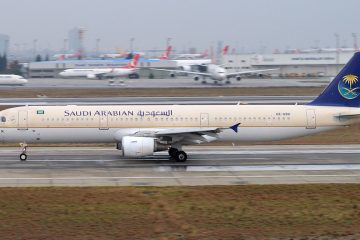EasyJet: Recent Updates and Future Outlook in Aviation

Introduction
EasyJet, one of Europe’s largest low-cost airlines, plays a crucial role in making air travel accessible to millions. With its recent expansion plans and adaptations to post-pandemic travel patterns, the company remains a significant player in the aviation industry. As travel restrictions ease and demand for air travel surges, understanding the latest developments at EasyJet is essential for travellers and industry observers alike.
Current Developments
As of late 2023, EasyJet has announced several exciting initiatives aimed at enhancing customer experience and expanding its network. The airline is set to launch new routes from its UK bases to various European destinations including Spain, Portugal, and Greece. This expansion comes on the back of a strong recovery in passenger numbers, with EasyJet reporting a 20% increase in bookings for the summer season compared to the previous year.
Moreover, EasyJet has been proactive in investing in sustainable aviation practices. The airline has committed to reducing its carbon emissions by 35% per passenger by 2025. This commitment includes a substantial investment in newer, more fuel-efficient aircraft and participation in various sustainability initiatives across Europe. In 2023, EasyJet has also begun trialing sustainable aviation fuel (SAF) on select flights, marking a significant step towards greener air travel.
Customer Experience Enhancements
In response to the growing competition in the low-cost airline sector, EasyJet has revamped its customer service model. The airline has introduced a user-friendly mobile app designed to streamline the booking process and provide real-time updates on flight status and gate information. Additionally, EasyJet is offering more flexible booking options, allowing customers to change their travel plans without incurring hefty fees—a welcome change in today’s unpredictable travel environment.
Looking for the Future
As we move into 2024, EasyJet’s strategies seem aimed at not only recovering from the impacts of the COVID-19 pandemic but also innovating for the future. Industry analysts predict that continued investment in technology and sustainability will position EasyJet favourably in the competitive landscape of aviation. The airline is expected to increase its market share in the low-cost sector while attracting environmentally conscious travellers.
Conclusion
In summary, EasyJet is navigating the post-pandemic travel landscape with a strong focus on expansion, sustainability, and enhanced customer experience. As the airline industry continues to evolve, EasyJet’s proactive measures could set a benchmark for others to follow. For travellers, the airline’s ongoing developments signify exciting opportunities to explore Europe affordably and sustainably.









